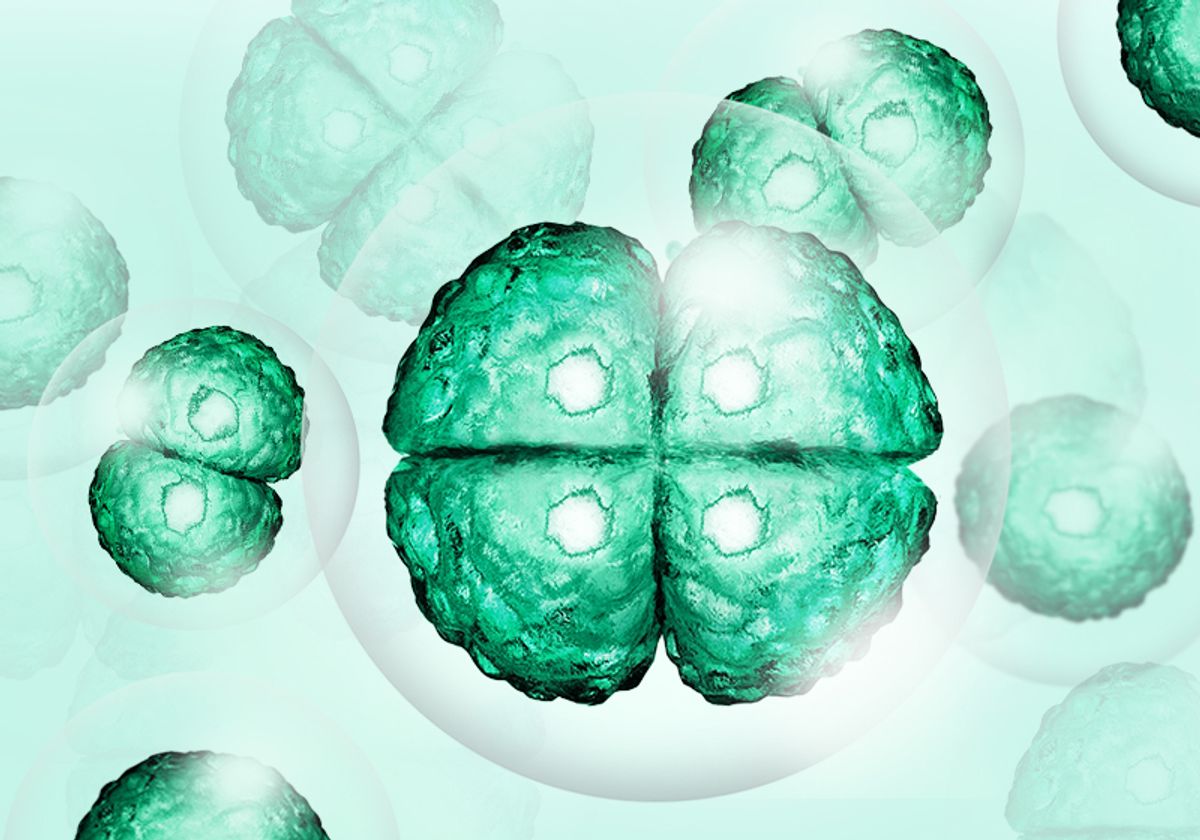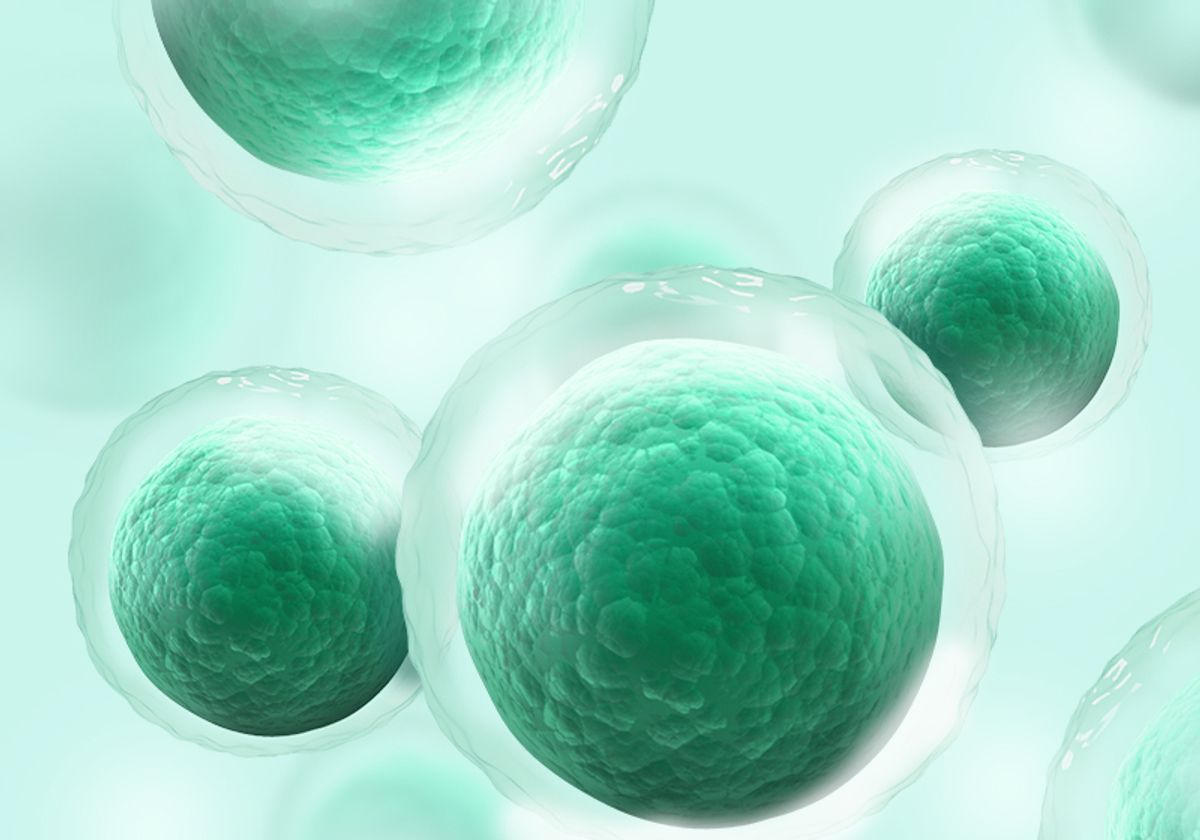Cytokines are small proteins that serve as the fundamental chemical messengers of the immune system. They also play a key cell signaling role in stem cell biology, relaying messages that direct stem cell renewal, differentiation, and tissue repair. As a result of their pervasiveness, life scientists use cytokines to interrogate a variety of stem cell research questions for regenerative therapies, disease modeling, drug development, and toxicology testing applications. Stem cells are particularly useful models for discovering and validating novel pharmacological targets, particularly for precision medicine applications for which a patient’s own cells can be used for drug testing.
Among the fundamental applications of cytokines in stem cell research are to promote stem cell differentiation into specific lineages. For example, researchers use a combination of cytokines, including hepatocyte growth factor (HGF), oncostatin M (OSM), epidermal growth factor (EGF), fibroblast growth factor-2 (FGF2), and leukemia inhibitory factor (LIF) to coax mesenchymal stem cells into hepatocyte-like cells. Other cytokines, such as Activin A, are crucial for differentiating induced pluripotent stem cells and embryonic stem cells into endoderm cells—the innermost layer of cells in developing embryos. Yet other cytokines, such as interleukin-3 (IL-3), play a role in promoting stem cell migration.
GMP-Grade Cytokines for the Win
For clinical stem cell research to have translational potential, researchers need to use high-quality reagents, such as those that adhere to good manufacturing practice (GMP), to ensure that downstream applications meet the highest standards of safety and efficacy for future applications in patients. For example, cytokines used for stem cell research should be low-endotoxin, and free from microbes, animal products, and potential toxins. They must also be filtered for purity and tested for adequate biological activity. As a result, researchers rely on manufacturer’s due diligence and adherence to strict quality assurance protocols for every reagent that they use, including cytokines. However, not all reagents are created equally when it comes to GMP compliance. Insufficient and inconsistent manufacturing practices affect cytokine bioactivity, batch-to-batch consistency, purity, and stability, creating downstream problems with overall data reliability and future clinical safety and efficacy.
Taking the Guesswork out of GMP-Grade Cytokines
As a global leader in recombinant technology, Sino Biological has developed a wide range of GMP-grade cytokines, including IL-2, IL-12, IL-15, IL-21, EGF, FGF2, Activin A, OSM, and others, which adhere to the strictest GMP standards, including meticulous and standardized quality management, quality assurance, quality control, and product safety testing. Compliance with these systems provides preclinical and clinical research labs with the peace of mind that the variability and uncertainty inherent in cytokine manufacturing is minimized, resulting in exceptional product quality and reliability. Among Sino Biological’s 1,100+ recombinant cytokines, their GMP-grade stem cell research cytokines cover the comprehensive range of cytokines relevant to in vitro stem cell maintenance, renewal, differentiation, and migration for basic and clinical research applications.
By prioritizing quality and safety testing, Sino Biological takes the guesswork out of GMP-grade cytokines, allowing scientists to focus on cell therapy research and innovation. GMP-grade cytokines with proven biological activity, inter-batch consistency, and superior purity and stability lay the foundation for reliable data acquisition and research breakthroughs that have the potential for clinical translation and patient benefit.


